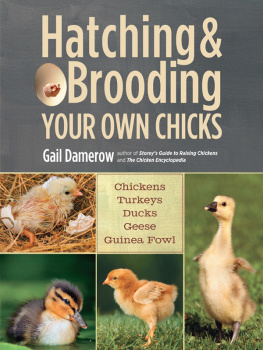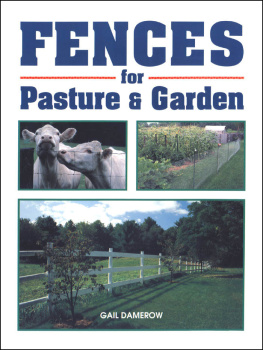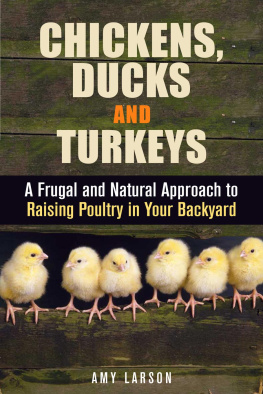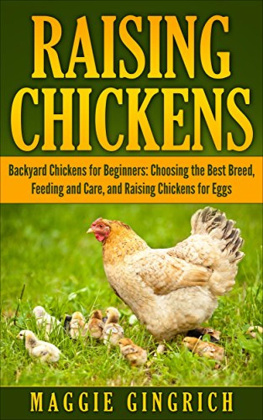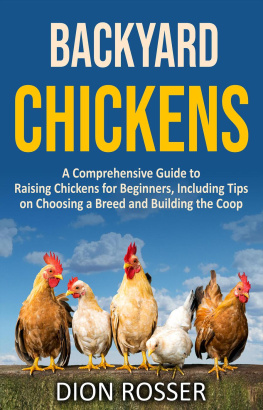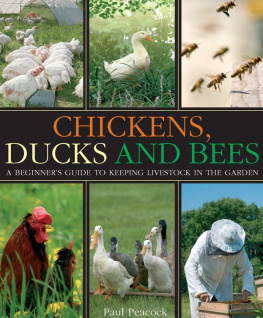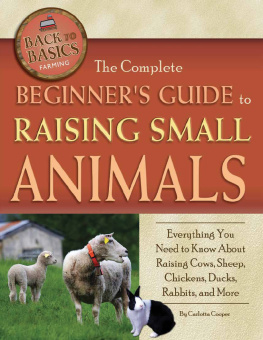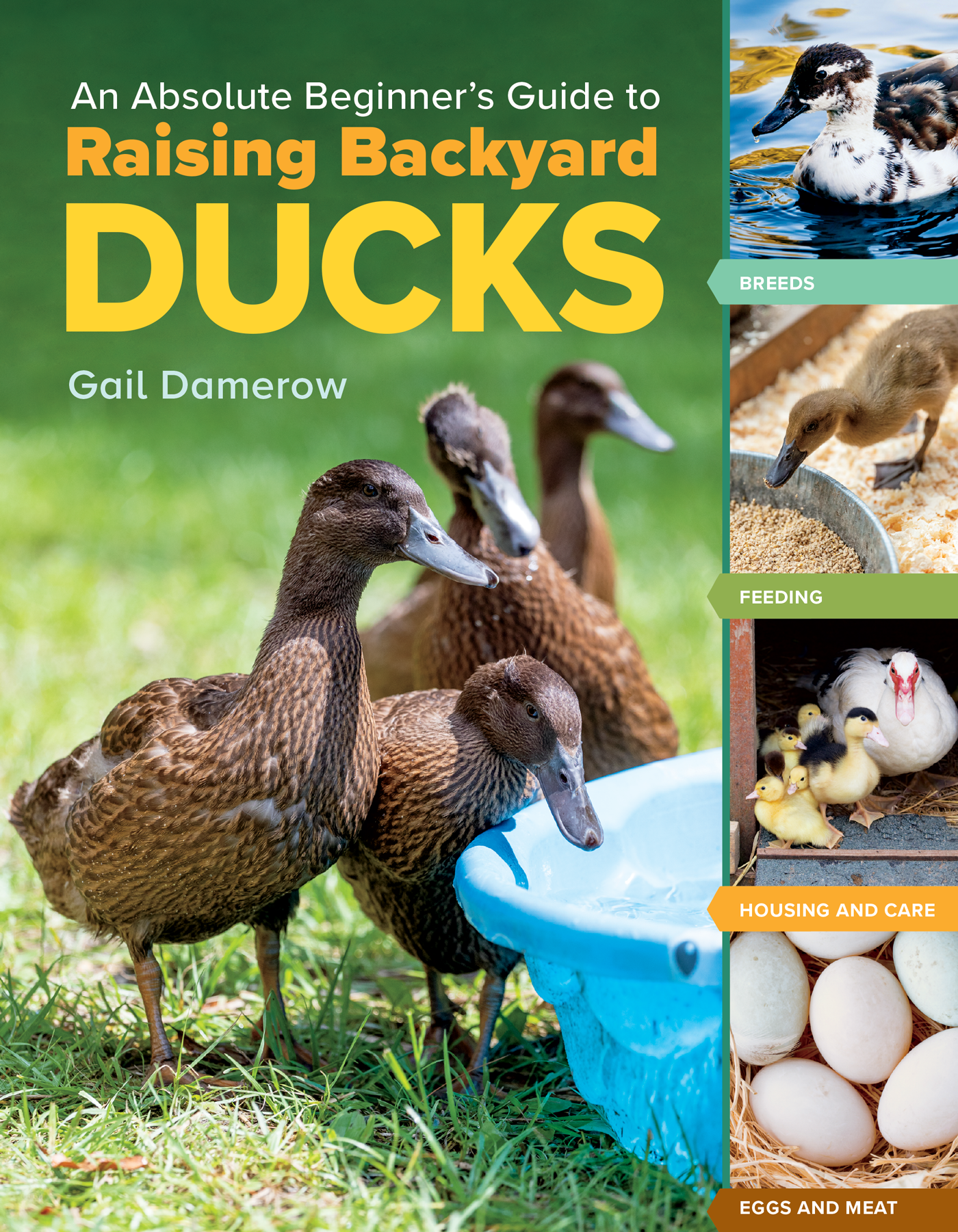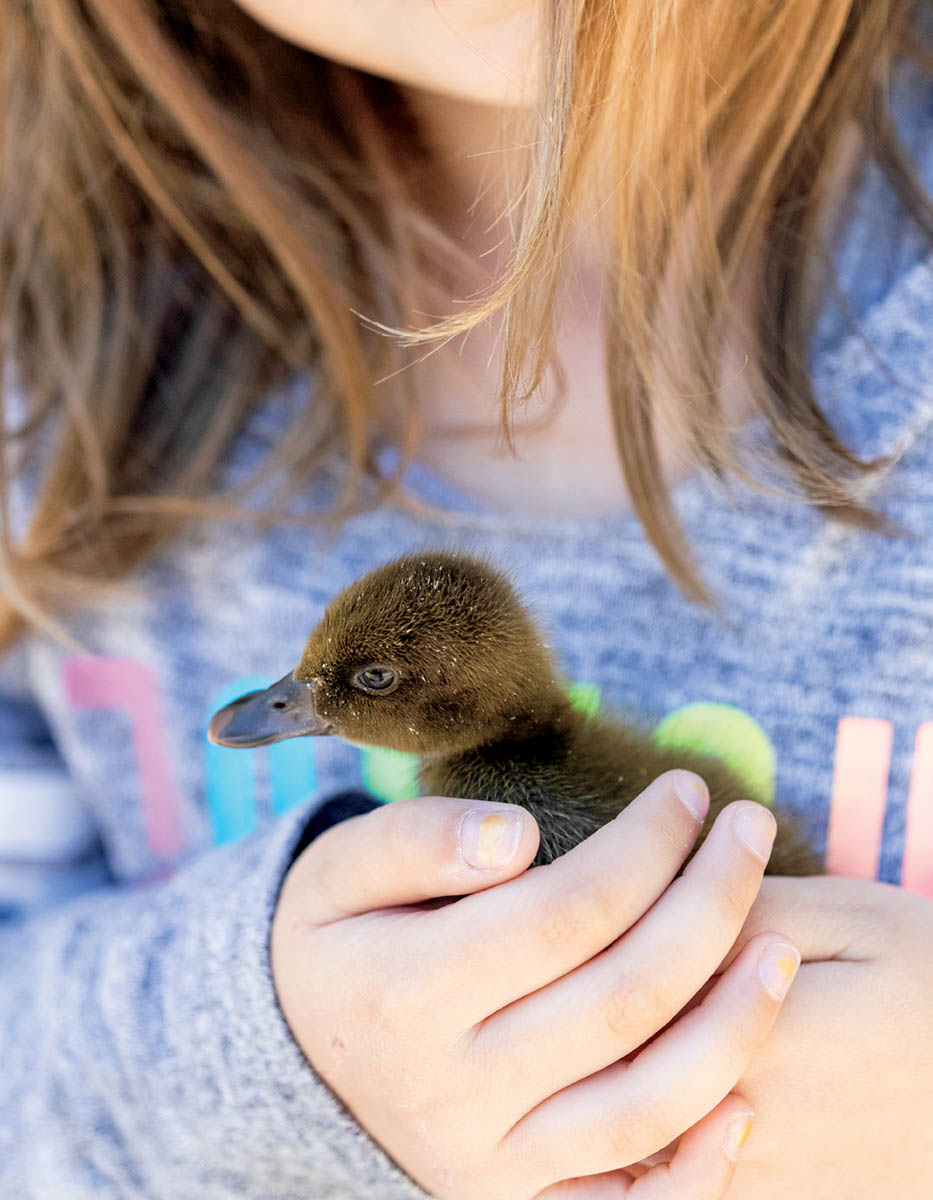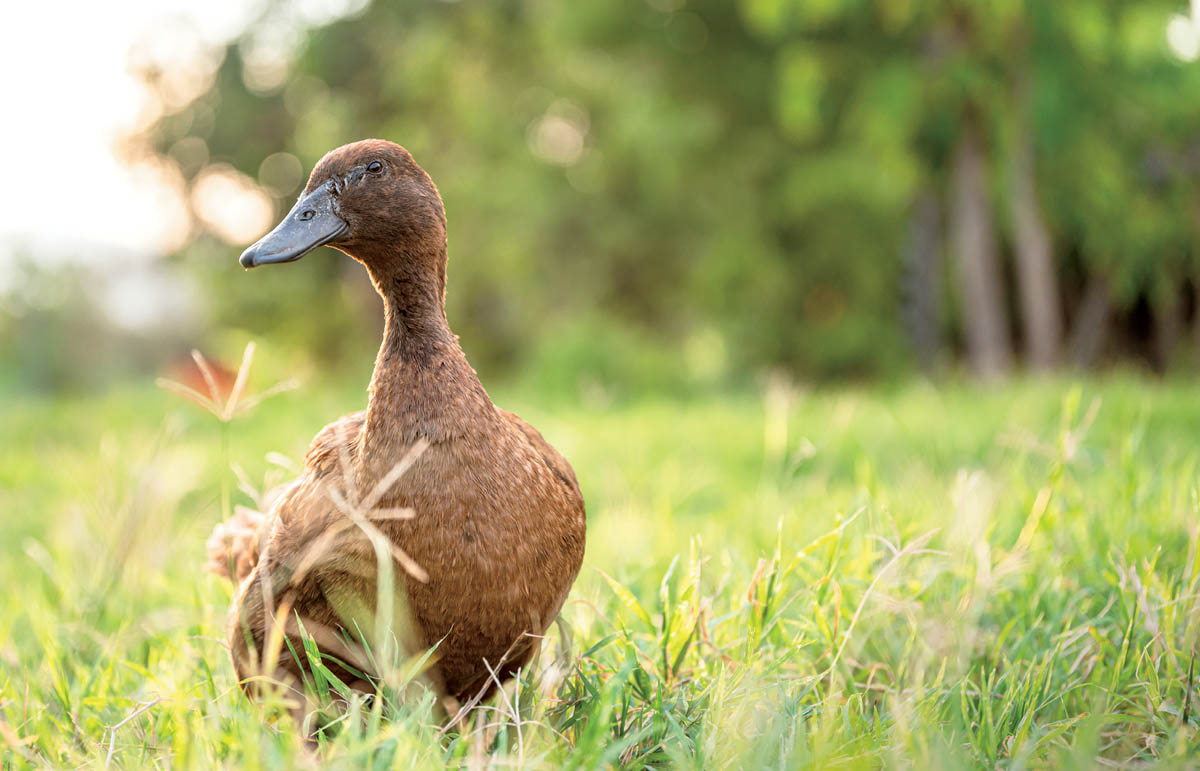The mission of Storey Publishing is to serve our customers by publishing practical information that encourages personal independence in harmony with the environment.
Edited by Hannah Fries and Lisa H. Hiley
Art direction and book design by Erin Dawson
Indexed by Samantha Miller
Cover photography by Mars Vilaubi Storey Publishing, except BarbaraCerovsek/iStock.com, back; Ernie Janes/Alamy Stock Photo, front (2nd from b.r.); gitusik/stock.adobe.com, front (b.r.); graeme scott/EyeEm/stock.adobe.com, front (t.r.)
Interior photography by Mars Vilaubi Storey Publishing
Additional interior photography by ADA_photo/Shutterstock.com,
Illustrations by Ilona Sherratt Storey Publishing, LLC, except Samolevsky/iStock.com, and throughout
Text 2023 by Gail Damerow
Ebook production by Slavica A. Walzl
Ebook version 1.0
February 14, 2023
All rights reserved. No part of this book may be reproduced without written permission from the publisher, except by a reviewer who may quote brief passages or reproduce illustrations in a review with appropriate credits; nor may any part of this book be reproduced, stored in a retrieval system, or transmitted in any form or by any meanselectronic, mechanical, photocopying, recording, or otherwithout written permission from the publisher.
The information in this book is true and complete to the best of our knowledge. All recommendations are made without guarantee on the part of the author or Storey Publishing. The author and publisher disclaim any liability in connection with the use of this information.
The publisher is not responsible for websites (or their content) that are not owned by the publisher.
Storey books are available at special discounts when purchased in bulk for premiums and sales promotions as well as for fund-raising or educational use. Special editions or book excerpts can also be created to specification. For details, please send an email to .
Storey Publishing
210 MASS MoCA Way
North Adams, MA 01247
storey.com
Storey Publishing, LLC is an imprint of Workman Publishing Co., Inc., a subsidiary of Hachette Book Group, Inc., 1290 Avenue of the Americas, New York, NY 10104
ISBNs: 978-1-63586-529-5 (paperback), 978-1-63586-530-1 (ebook)
Library of Congress Cataloging-in-Publication Data on file
Contents
Why Ducks?
Since you have this book in hand, you probably dont need a pep talk on the advantages of keeping ducks. However, if youre still on the fence about whether or not duck keeping is for you, youve come to the right place. Here youll find the basics of how to prepare for keeping ducks and what you can expect as a novice duck keeper. And if you need an extra nudge, here are some of the benefits of keeping ducks:
- They are low maintenance. They require little in terms of housing. They forage for much of their own food. They are subject to few diseases and virtually no body parasites.
- Ducks are easy to control. They like to move in a group, making them easy to herd. Once they learn the daily routine, they dont need constant reminders.
- Ducklings grow fast. They require less time under brooder heat than most other backyard poultry.
- Ducks are suited to a wide range of climates. They are both heat tolerant and cold hardy, and they dont mind wet weather. In fact, they love it.
- They are excellent at pest control. They love foraging in the garden for slugs, snails, grasshoppers, potato beetles, and more. In a pond they are good at controlling mosquito larvae, as well as duckweed and other unwanted vegetation.
- Ducks produce copious amounts of high-nitrogen fertilizer. Waste gleaned from a duck coop makes excellent compost. Duck pool water may be drained into the garden as liquid fertilizer.
- Duck eggs are delicious and nutritious. They are about 30 percent larger than chicken eggs. And some duck breeds lay as well as, or better than, layer chicken breeds.
- Duck meat is excellent and inexpensive to produce. Because ducks are fast growers and good foragers, they can be ready for the table at much less cost than most other poultry.
- Ducks are gentle. They hardly ever fight with one another, and rarely if ever attack humans. In fact, they readily become attached to their human handlers.
- Ducks are attractive. Swimming in a pond or just wandering around the yard, ducks add an elegant touch to any backyard.
- Ducks are fun! Watching their antics can provide endless hours of entertainment. Lots of people have ducks simply for the joy of it.
- Ducks and chickens can coexist. If you are coming to ducks from the perspective of a chicken keeper, you might be surprised at how well the two species get along in spite of their differences.
Gail Damerow
What Are the Best Duck Breeds?
With so many duck breeds to choose from, figuring out where to start can seem daunting. But by first deciding why you want ducks, you can whittle down the number of candidates, making the decision much easier.
If your purpose is strictly for eggs, choose a breed developed specifically for egg production. Most ducks lay eggs that are larger than a large (2-ounce) chicken egg. Pure breeds are discussed in this chapter. Youll find information about hybrid layers in .
If your primary purpose is to grow your own roasting ducks, select a heavy breed developed for meatiness. Breeds with all or mostly white plumage are popular as meat birds because they are the easiest to pluck clean. Youll find information on hybrid meat ducks in .
Maybe you would like a self-sustaining homestead flock that produces both eggs and meat. You might want to hatch ducklings each spring, harvest the surplus drakes (males), and keep or sell some of the layers. In that case you would want a breed developed for both eggs and meat. Good options are any of the breeds identified in this chapter as heritage, which are described as being sustainable by The Livestock Conservancy (an organization dedicated to protecting endangered breeds of livestock and poultry from extinction). With this sort of dual-purpose breed you wont get as many eggs as you would from a strictly egg breed, and the birds wont be as meaty as a strictly meat breed, but for homestead purposes they are a good compromise.
Most heritage breeds, as identified by The Livestock Conservancy, would be a good choice for a multipurpose bird.
Say your primary purpose is to get involved in exhibition poultry. In that case youll want a breed that has been standardized by the American Poultry Association (APA) and/or the American Bantam Association (ABA), both of which sponsor sanctioned shows.
If youre looking for a few backyard pets, temperament will be an important consideration. Calm or docile ducks are much more fun to be around than excitable breeds. On the other hand, if you spend enough time with your ducklings, any breed will learn to be calmer and more trusting.


